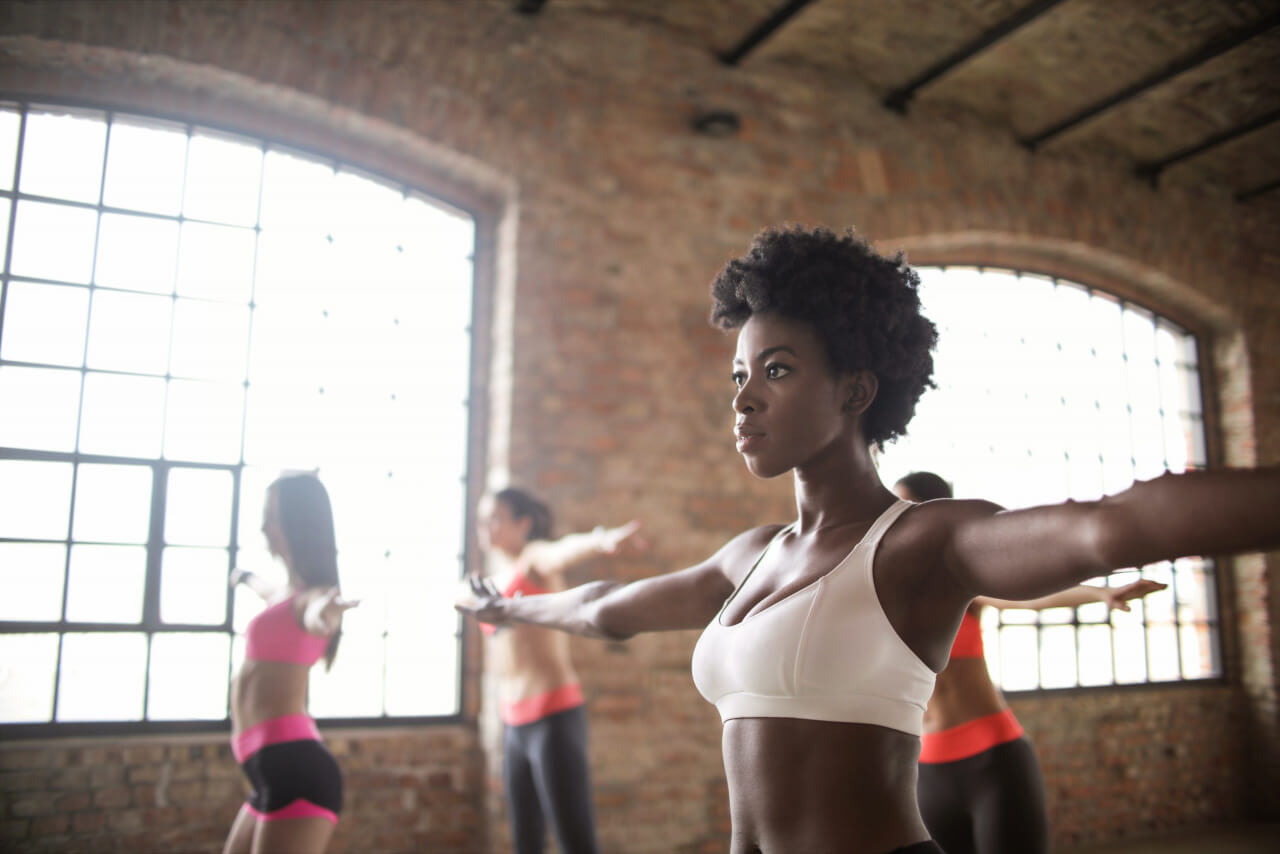알림: 이 블로그 포스트에는 제휴 링크가 삽입되어 있습니다. 자세한 내용은 이용 약관 페이지의 제휴 링크 정책을 참조하십시오.
Corporate activism is important. Businesses can be very influential. When a brand makes a bold statement of support for social justice and relevant issues, consumers listen. The murder of George Floyd, Breonna Taylor, Ahmaud Arbery, Tony McDade, and the most recent incident involving Jacob Blake in Kenosha, Wisconsin, has sparked uproar and protests in America and throughout the world. It is not enough to simply acknowledge oppression; we need to be better as a whole.
People from different backgrounds are showing up and supporting Black Lives Matter (BLM) and the fight for racial justice. Many individuals wonder how brands will continue to show up and drive social justice using their platforms and influence. The fitness industry has long been called out for a lack of inclusivity and diversity. It’s not a thing of the past; it’s currently happening in our world. This type of thinking and under-representation in the fitness industry needs to be addressed. Whether it’s body type, gender, or ethnicity, it’s time for fitness to be accessible and inclusive.
A Harvard Business Review article titled, When a Brand Stands up for Racial Justice, Do People Buy It? reviews brand authenticity in the recent protests supporting the Black Lives Matter (BLM) movement. 60% of Americans across all generations say that how a brand responds to racial justice protests will influence their loyalty as a customer. In another pool of surveyed Americans, 60% say that brands should take active steps to address the root causes of racial inequality within their organization. 57% say that education, particularly educating the public, is part of a brand’s responsibility.
Millennials and Gen Z consumers have expectations of brands that far exceed any generation before them. These young consumers expect authenticity as the adult consumers in this demographic are the “most ethnically and racially diverse” in American History. In a survey conducted in June of this year, results found that 69% of Millenial and Gen Z consumers believe brands should actively involve their brands with the BLM movement.
To connect with younger consumers, brands need to take a stand, and businesses need to assess their authenticity level. In the HBR article, there are two parts to consumer perceptions of authenticity of brand actions supporting racial justice: Orientation of Action and Level of Participation. The Orientation of Action divides into two more components—the first, corporation-oriented, faithful to the corporation, and the consumers’ expectations. Second, societally-oriented, a community-focused approach, reflective of consumer values.
The Level of Participation is where things get the most interesting. This matrix splits into four ‘A’s’: Atone, Allure, Acknowledge, Advocate – with perceived brand authenticity in the order mentioned from low to high. Atone participation makes amends for wrongdoings marked as a ‘low’ level of authenticity, such as Aunt Jemima’s withdrawal from grocery shelves. However, Advocate is the highest perceived authenticity. Proactively supporting racial justice even if it risks the organization such as Nike – a brand we mention again in this list – using Kaepernick as the face of their ad campaign.
Fitness brands are now proactively tackling the issue and supporting social justice. Let’s take a look at how six brands commit to racial justice, and are catalysts to drive anti-racism, inclusivity and accessibility in the fitness industry.
1. Les Mills
With 20,000 clubs worldwide offering training programs and Les Mills certification, Les Mills is a global fitness brand. In light of recent issues, Les Mills is taking action in the form of seven steps: Education, Hiring, Masterclass Filming, Marketing, Code of Conduct, Maori Culture, and Values Review. The root of their change lies in education. They intend to use their platform to not only educate themselves but the wider community.
One of the main takeaways from Les Mills is its commitment to diversify its team. They are committing to hiring people of color, black team members and women until they represent 50% of their board members. They are taking active steps to drive change and will continue to review their core values and practices.
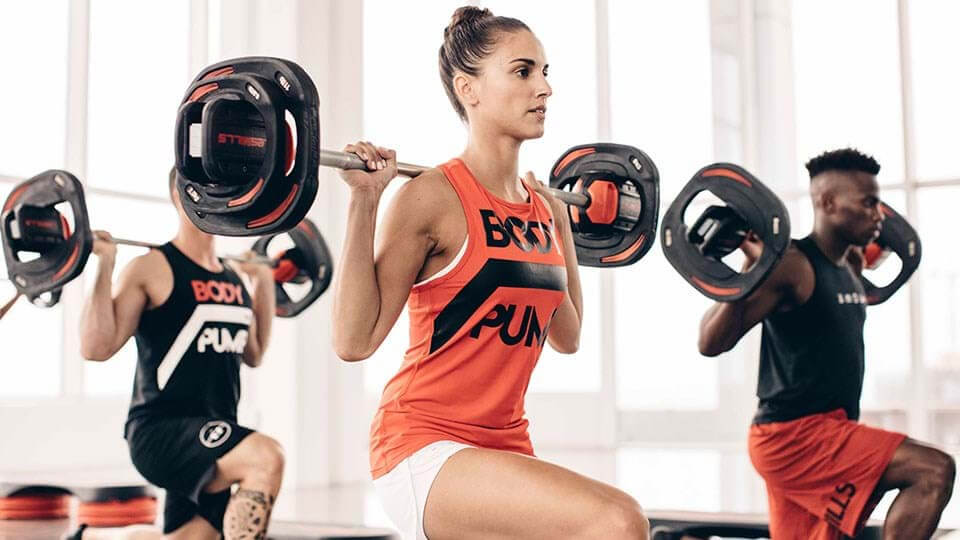
2. WHOOP
WHOOP is a wearable fitness tracker that automatically analyzes your physiological state and displays the results on your smartphone. A leader among fitness tech companies, the Les Mills technology aims to let you know when you are ready to perform at your best each day. It’s more focused on performance management than your typical activity tracker.
The company’s CEO Will Ahmed announced a $20,000 donation to the Equal Justice Initiative and will be providing ongoing financial support to organizations supporting social justice and racial equality initiatives. This shows how brands are ready to show up for the cause and promote social justice. On top of the donation, the company is trying to improve diversity by adding $10,000 to its marketing budget. These sponsored recruitment ads will target people of color. The company will also train and educate all its employees, looking to learn more about anti-racism and civic engagement.
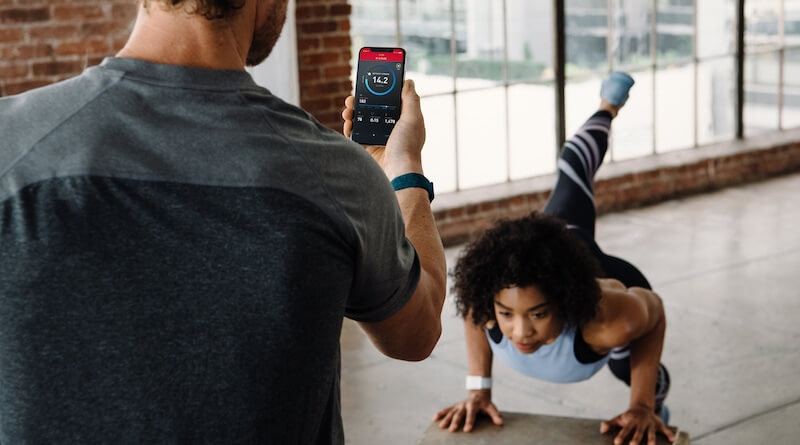
3. Nike
Brands tend to tread tentatively on controversial issues, but Nike – arguably the most iconic fitness brand in history – has taken a bold stand. Nike’s new powerful ad campaign lets consumers know exactly where they stand. Nike’s campaign “For once, Don’t Do It” arrived four days after the death of George Floyd in police custody. With a black background and white text, the anti-racism campaign was simple but effective.
In addition to this, Nike plans to donate $4 million to social justice causes to support Black Lives Matter (BLM), over the next four years.
4. Peloton
Peloton announced it would be donating $500,000 to the NAACP Legal Defense Fund. The social media post announcement also encourages others in the Peloton community to give what they are able. The fitness brand will not be tiptoeing around the issue and have openly announced their support for Black Lives Matter (BLM).
To keep the action going, Peloton hosted two special classes to honor the Black Lives Matter (BLM( movement: Speak Up ride with Tunde Oyeneyin and Speak Out meditation with Chelsea Jackson Roberts. Peloton continues to be very vocal about where they stand on the issue and drive the fitness industry forward.
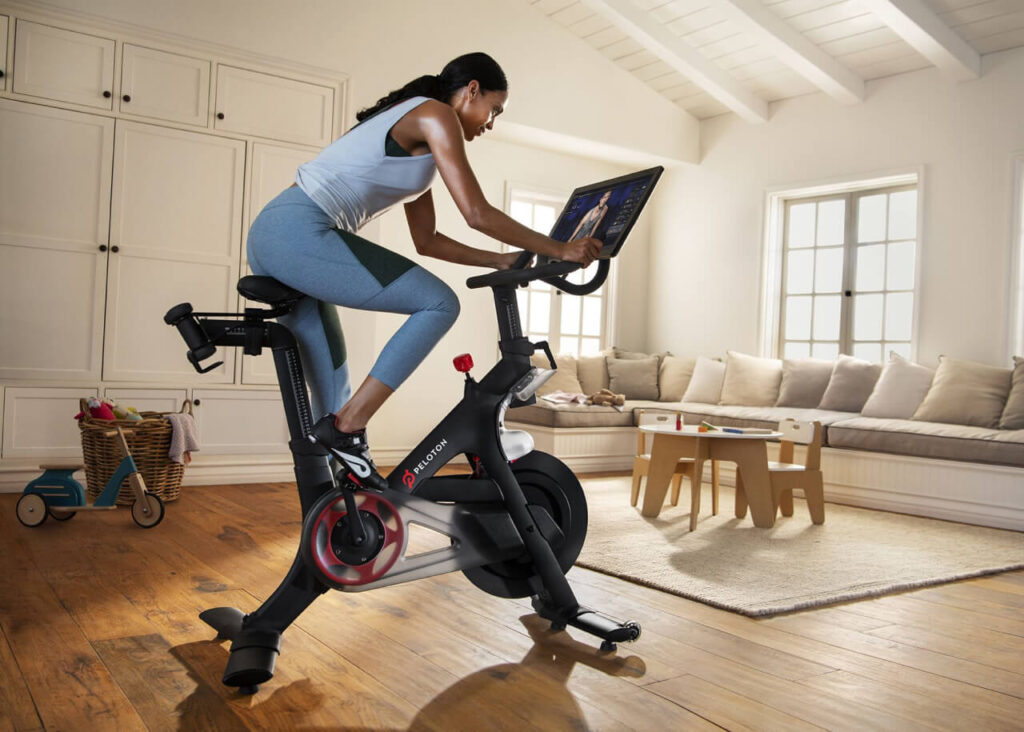
5. Lululemon
British Columbia based athletic apparel retailer Lululemon has also used their platform for good. Lululemon has pledged to donate $100,000 to the Minnesota Freedom Fund. As the Minnesota Freedom Fund has seen a ton of financial support recently, Lulelemon gave $250,000 to local Minneapolis organizations that stand against inequality and injustice. The fitness clothing brand uses its platform to address social change and is speaking up. Lululemon’s Inclusion, Diversity, Equity & Action commitments can be found on their website.
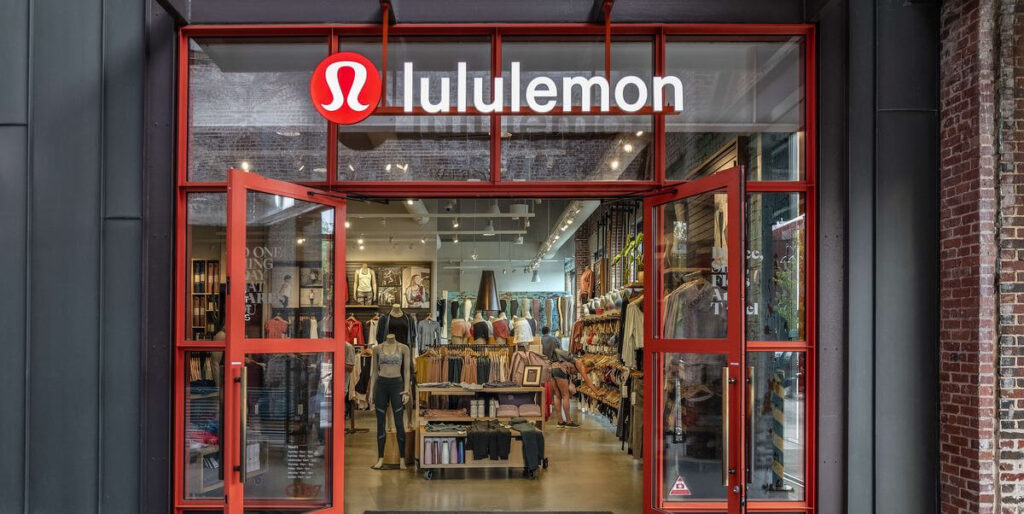
6. Barry’s UK
The UK leg of Barry’s Bootcamp donated 100% of its profits for a week to the British charity: Give Racism the Red Card. The international fitness studio has been donating 100% of its profits from around the world. Barry’s USA donated a weekend’s worth of profits in support of the Black Lives Matter (BLM) movement. They continue to share educational resources on their platforms and plan to support ongoing issues.
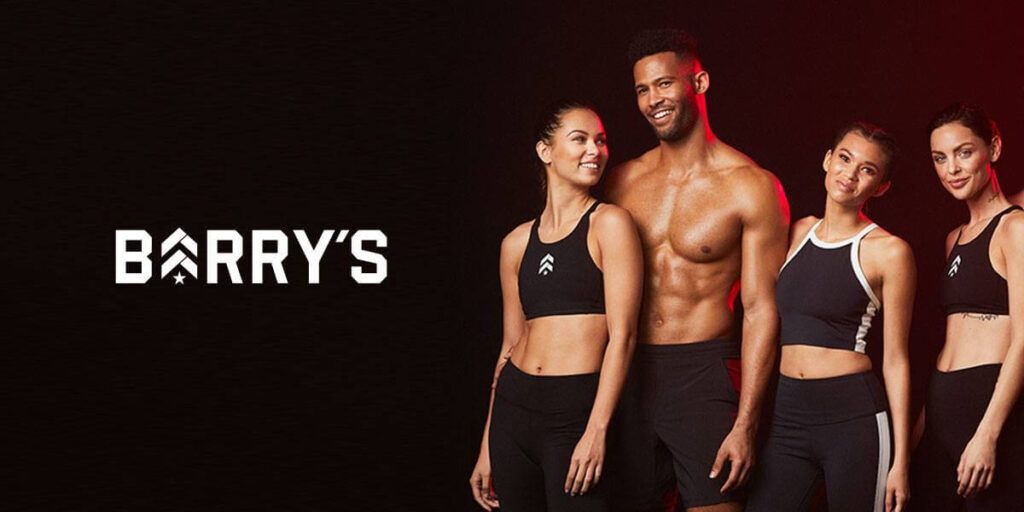
These are just six brands in the fitness industry. No doubt, many businesses are making moves to show their support and committing to social justice. As the wellness and fitness industry gets louder on these issues, fitness will become more accessible and inclusive.
However you decide to continue the work, no step is too small, and there are opportunities for every business to improve, change and pivot. Let’s keep having meaningful conversations about how businesses of all industries can better show up for their customers and staff. At Ruoom, we’ve created additional resources for those interested in creating change within your organizational walls. As a fitness instructor or business owner looking business advice from a diverse group or resources, you may enjoy our blog, Inclusive Resources for Fitness Instructors & Entrepreneurs. If you’re looking for like-minded social influencers using their platforms to inspire conversations, check out our blog, Top 10 Fitness Influencers Promoting Inclusivity. Last, but certainly not least, if you want to look at diversity and inclusion on a wider scale and how particular actions can move your business toward become a more inclusive fitness club or gym hop over to our blog, Why 2020 is the Year for Accessibility in Fitness.
